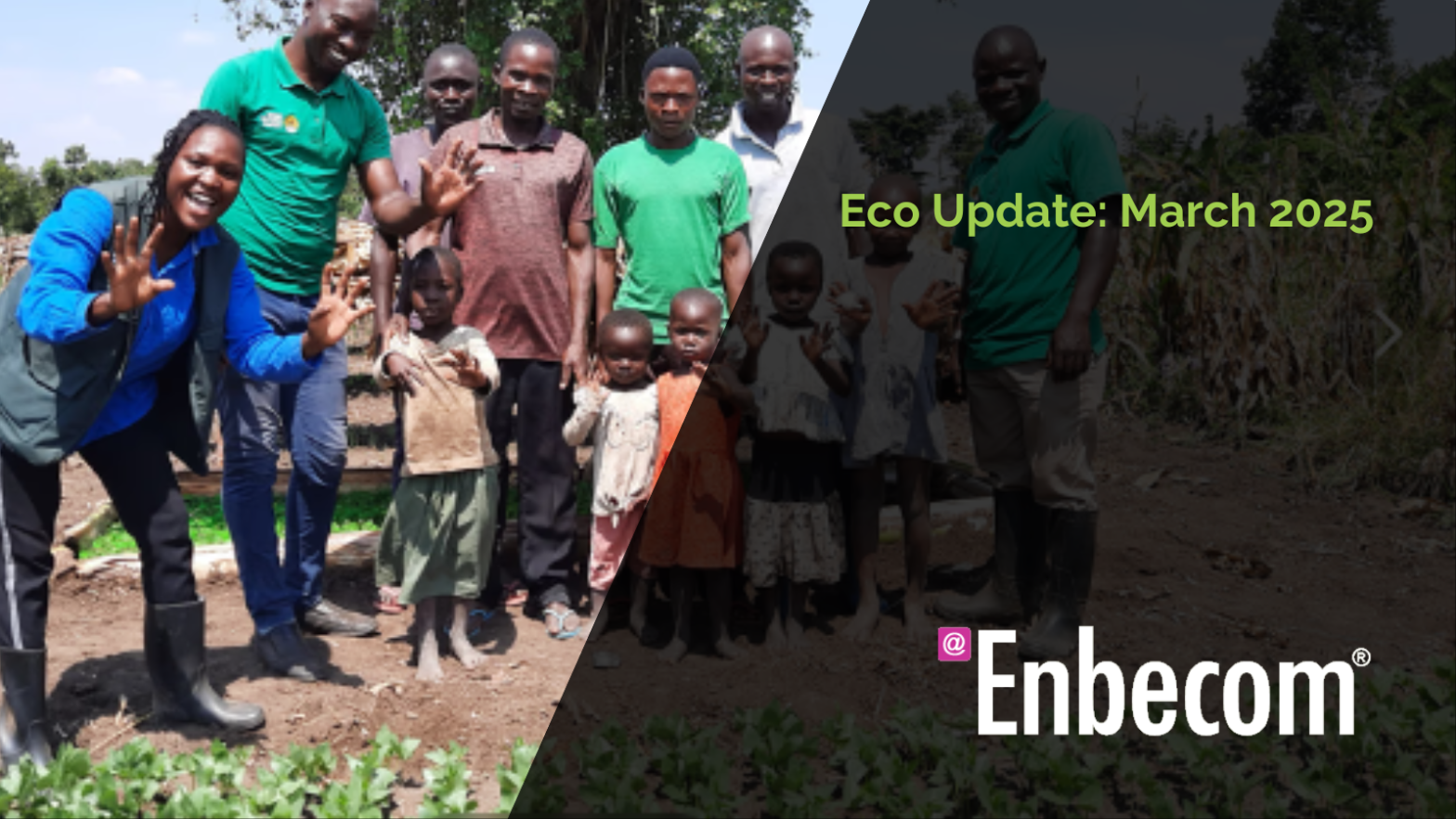Through our valued partnership with Ecologi, we’re actively engaged in delivering meaningful climate solutions across the globe. This is not just through supporting projects, but also tree-planting initiatives. In March we supported planting two different forest gardens, in Tanzania and Busoga, Uganda, where we’re empowering communities to cultivate sustainable livelihoods and restore ecosystems.
Planting forest gardens in Tanzania
Tanzania, home to 60 million people, boasts extraordinary biodiversity, from the iconic Serengeti to diverse coastal ecosystems. Its varied topography, ranging from humid lowlands to cool highlands, supports this rich natural heritage. The Serengeti National Park, a UNESCO World Heritage Site, exemplifies this, but Tanzania also holds the 10th highest number of IUCN Red Listed threatened species, including the kipunji monkey and Matilda’s horned viper, highlighting the urgency of conservation.
Despite its natural wealth, only a third of Tanzania’s environment is formally protected. Agricultural expansion and urbanization have resulted in the loss of at least one-third of its forests and wooded ecosystems in recent decades. Overexploitation, land degradation, and deforestation exacerbate these losses, threatening over a thousand bird species and nine endemic bird areas.
To address this, Trees for the Future (TREES), with its expertise in agroforestry, collaborates with the Clinton Development Initiative (CDI). Since 1989, TREES has planted over 250 million trees, focusing on sustainable land-use systems. In Tanzania, they provide local farmers with tree seeds, technical training, and resources, including loan packages with seeds and tools, to support agroforestry, fruit, and timber tree planting. This initiative aims to restore degraded lands and enhance livelihoods, countering the alarming decline in Tanzania’s vital ecosystems.
Planting forest gardens in Busoga, Uganda
In Uganda’s Namayingo District, where reliance on single crops like cassava leaves farmers vulnerable to income loss and nutrient deficiencies, agroforestry offers a vital alternative. By diversifying crops and integrating trees, farmers gain resilience, improved nutrition, and a sustainable income. This approach combats deforestation, driven by charcoal production and agricultural expansion, which has degraded soil fertility.
Projects like the one planting 1.6 million trees with 400 farmers, tackle this by providing training, tools, and diverse seedlings. This not only restores soil health, but creates a sustainable fuel source, reducing pressure on natural forests. Farmers learn to manage trees for long-term benefit, coppicing and pruning instead of felling.
This initiative, a UN World Restoration Flagship, aligns with multiple Sustainable Development Goals: boosting income, improving food security, promoting gender equality, and creating employment. It enhances climate resilience by sequestering carbon and retaining moisture, and protects biodiversity. Agroforestry empowers farmers, builds community resilience, and safeguards the environment.
To discover more about Enbecom’s involvement, explore our profile here. If your business wants to support similar initiatives in 2025, consider partnering with Ecologi or choosing one of our hosting plans.

